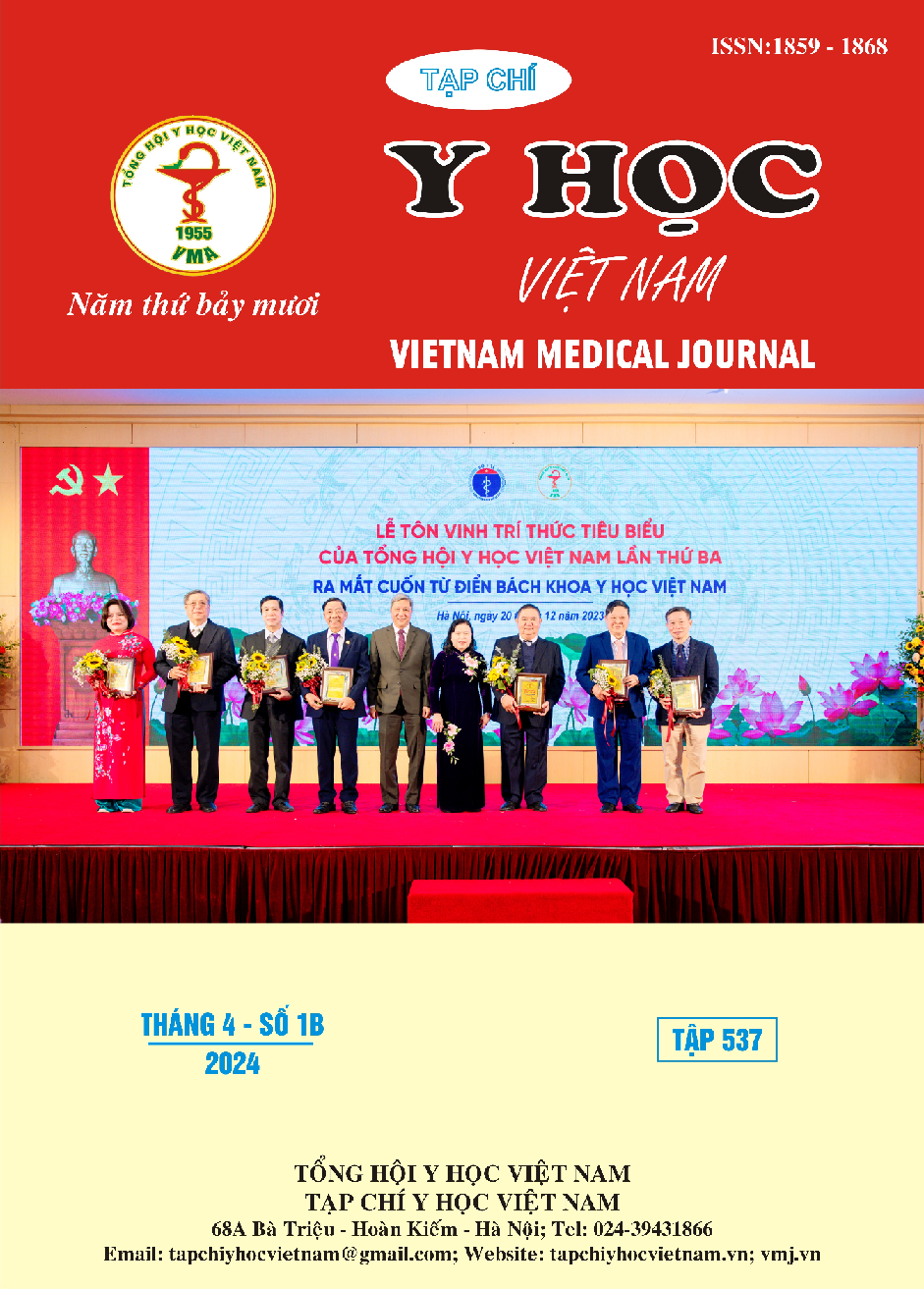PERCEPTION OF LECTURERS TOWARDS INTERPERSONAL PROFESSIONAL EDUCATION AT THE UNIVERSITY OF MEDICINE AND PHARMACY AT HO CHI MINH CITY
Main Article Content
Abstract
Introduction: Developing and maintaining an IPE curriculum was a complicated process that required careful preparation of instructors or lecturers. However, many instructors/lecturers had limited knowledge and skills to proceed IPE and they felt unprepared to face the challenges of this curriculum reform process. Objective: To explore the perception of lecturers towards the application process of IPE at the University of Medicine and Pharmacy at Ho Chi Minh City (UMP). Methods: A qualitative research following a focused-group discussion method was conducted on 24 lecturers from September 2021 to January 2023 at the UMP. Results: The study results showed compatibility with the conceptual framework of interdisciplinary collaborative teaching focusing on patient-centered collaboration (IECPCP). The findings reported: 1) application of diverse teaching and learning methods; 2) interdisciplinary coordination in teaching; 3) continuous improvement of the IPE model; and 4) barriers of students' and faculties’ attitudes toward IPE. Conclusions: All participants considered IPE as basis preparation to help students acquire skills in teamwork and interdisciplinary collaboration based on a culture of respect and the promotion of informed professional identity throughout the understanding of their roles and responsibilities
Article Details
Keywords
lecturers, faculties, IPE
References
2. Macy Foundation. (2013). Transforming Patient Care: Aligning Interprofessional Education with Clinical Practice Redesign, Conference Recommendations. Retrieved November 23, 2015, from http://macyfoundation.org/docs/macy_pubs /TransformingPatientCare_ConferenceRec.pdf
3. Nawagi, F., Munabi, I. G., Vyt, A., Kiguli, S., & Mubuuke, A. G. (2023). An exploration of faculty perspectives towards interprofessional education and collaborative practice during international electives in health professions training institutions in Africa. Journal of Global Health Reports, 7, e2023066.
4. Oandasan I, Reeves S. Key elements of interprofessional education. Part 2: factors, processes and outcomes. Journal of Interprofessional care. 2005 May 1;19(sup1):39-48.
5. Syahrizal D, Renaldi T, Dianti SW, Jannah N, Rachmah R, Firdausa S, Vonna A. The differences in perceptions of interprofessional education among health profession students: The Indonesian experience. Journal of multidisciplinary healthcare. 2020 May 12:403-10.
6. World Health Organization, (2010). Framework for action on interprofessional education & collaborative practice. Geneva: World Health Organization.


